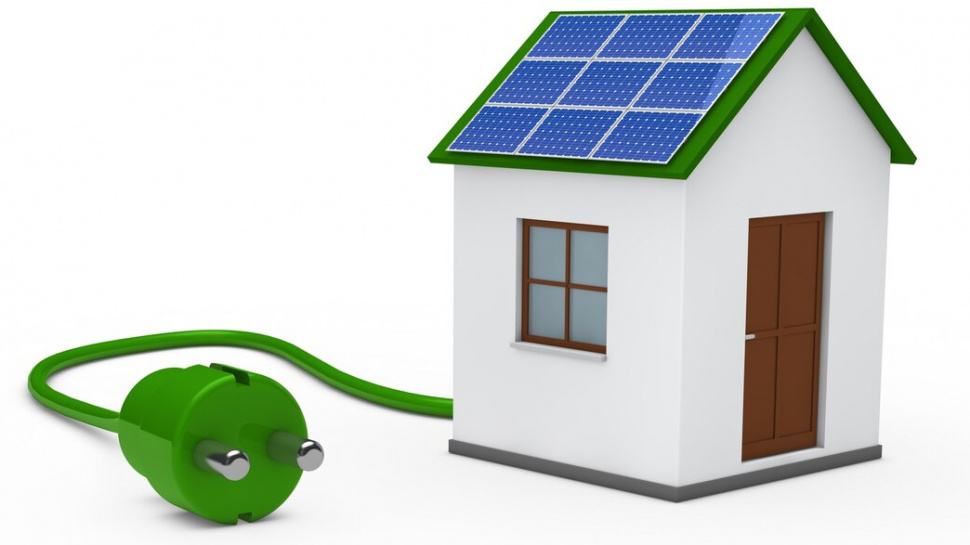As energy costs continue to climb and concerns about the environment intensify, many homeowners are turning to home solar systems as a viable solution. Solar energy offers a sustainable, renewable alternative to traditional energy sources, providing both financial and environmental benefits. However, like any major home improvement, the decision to install a home solar system comes with its set of considerations.
The Economic Advantages of Home Solar Energy
One of the most significant advantages of home solar systems is their potential to dramatically reduce electricity bills. Solar panels absorb sunlight and convert it into electricity, allowing homeowners to power their homes without relying solely on the electrical grid. In regions with abundant sunlight, this can translate into significant savings over time. As energy prices continue to rise, the importance of having a renewable energy source at home becomes even more apparent.
Additionally, the installation of home solar systems can increase property value. Homes with solar panels are often more attractive to buyers, as they offer the potential for reduced energy costs and environmental sustainability. This can be a selling point for homeowners looking to move in the future, making solar energy a smart financial investment.
Environmental Impact of Home Solar
Another crucial benefit of home solar systems is their positive impact on the environment. By harnessing the sun’s energy, homeowners can significantly reduce their carbon footprint. Unlike traditional fossil fuels, which release harmful emissions into the atmosphere, solar energy is clean and renewable. The shift to solar power helps reduce dependence on nonrenewable resources and supports the global movement toward sustainability.
Installing home solar panels also reduces the strain on local power grids. During peak hours, when electricity demand is at its highest, solar panels help ease the burden by supplying additional energy. This can prevent power outages and improve the overall efficiency of the energy infrastructure.
Challenges to Consider When Installing Home Solar Systems
Despite the numerous benefits of home solar, there are some challenges to consider before making the investment. The initial installation cost, although decreasing, can still be a barrier for some homeowners. Depending on the size of the system and the location, solar panel installation can require a significant upfront investment.
Another consideration is the amount of sunlight a home receives. Homes in areas with limited sun exposure may not see as significant a return on their investment in solar panels. However, advancements in solar technology have made it possible for panels to generate energy even in less-than-ideal conditions. Still, homeowners must assess their location and the specific energy needs of their home before deciding on a solar system.
The Future of Home Solar Energy
The future of home solar energy looks promising as technology continues to advance and prices continue to fall. Solar panels are becoming more efficient and less costly, making them an increasingly attractive option for homeowners around the world. Additionally, innovations in energy storage, such as improved battery systems, are making solar energy even more reliable, enabling homeowners to store excess energy for later use.
As more homeowners make the switch to solar power, the demand for home solar systems is expected to grow, making solar energy a mainstream source of energy in the years to come.
Conclusion
In home solar systems offer numerous benefits, from financial savings to environmental sustainability. While there are challenges to consider, such as installation costs and geographical limitations, the long-term advantages often outweigh these concerns. With continued advancements in solar technology and increasing awareness of environmental issues, home solar is poised to play an even greater role in the energy landscape in the future.



Share the News